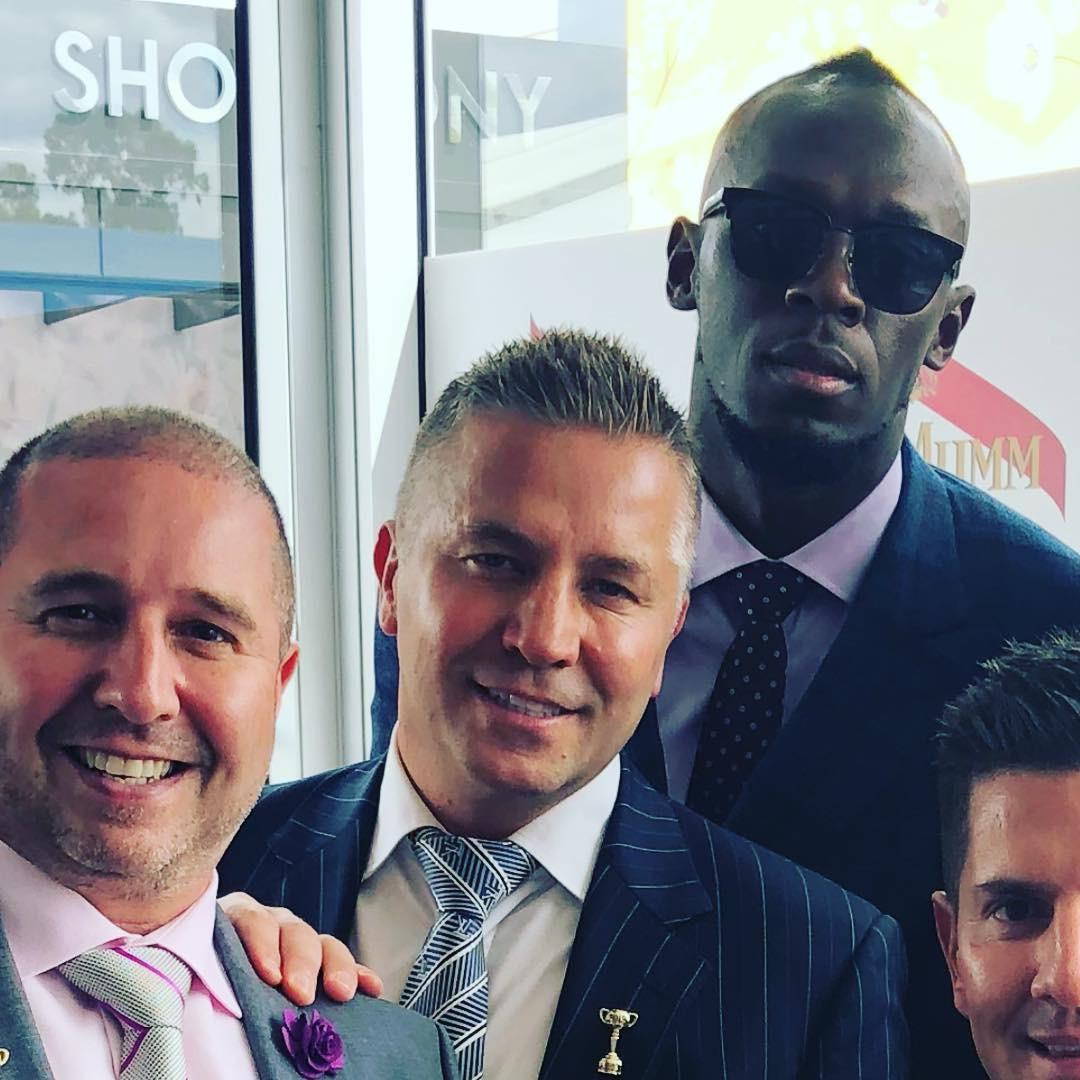Failure is an unavoidable part of life, especially in entrepreneurship. While it’s often seen as a roadblock, failure can also be a powerful catalyst for growth, innovation, and ultimate success. David Deicke, an Australian entrepreneur, multimillionaire, and former boxer, has faced his fair share of setbacks. However, his ability to turn failures into valuable lessons has been instrumental in his journey to the top.
In this blog, we explore how David’s perspective on failure has shaped his success and provide actionable insights for entrepreneurs looking to master the art of bouncing back.
1. Redefining Failure as Feedback
For many, failure feels like an end. But for David Deicke, it’s merely the beginning of a learning process.
“Failure is just feedback in disguise,” David says. “It’s the universe’s way of showing you what needs to be improved.”
Rather than fearing failure, David embraces it as a chance to reassess, recalibrate, and come back stronger.
Lesson for Entrepreneurs: Shift your mindset to view failure as a valuable teacher. After a setback, analyze what went wrong and identify actionable steps to improve. Treat every failure as an opportunity to refine your strategy.
2. Resilience: The Key to Overcoming Setbacks
As a former boxer, David knows firsthand that resilience is the cornerstone of success. In the ring, a single misstep can mean defeat—but it’s the ability to get back up and keep fighting that defines a true champion.
“Resilience isn’t about avoiding failure; it’s about refusing to let failure define you,” David explains.
Lesson for Entrepreneurs: Cultivate resilience by maintaining a long-term perspective. Remember that a single setback doesn’t dictate your overall trajectory. Stay focused on your goals and keep moving forward.
3. Leveraging Failure for Innovation
Some of David’s most groundbreaking ideas were born from failed attempts. When something didn’t work out as planned, he used it as a springboard to innovate and find better solutions.
“Failure often reveals opportunities you never considered,” David notes. “It’s a doorway to creativity and growth.”
Lesson for Entrepreneurs: When faced with failure, ask yourself, “What can I do differently?” Use the experience to brainstorm innovative solutions and explore alternative approaches.
4. Building a Support System
Failure can feel isolating, but David emphasizes the importance of having a strong support network to lean on during tough times. Whether it’s mentors, peers, or team members, surrounding yourself with the right people can make all the difference.
“You don’t have to face failure alone,” David says. “A supportive community can help you see the silver lining and guide you toward your next steps.”
Lesson for Entrepreneurs: Build a network of trusted individuals who can offer guidance, encouragement, and perspective. Don’t hesitate to seek advice or share your struggles with those you trust.
5. Embracing a Growth Mindset
David credits his success to adopting a growth mindset—the belief that abilities and intelligence can be developed through effort and learning. This mindset has allowed him to approach failure with curiosity rather than fear.
“Every failure is an invitation to grow,” David explains. “It’s not about where you start; it’s about how you evolve.”
Lesson for Entrepreneurs: Focus on personal and professional development. Read books, take courses, and seek out experiences that challenge you to grow. View failures as stepping stones on your journey.
6. Celebrating Small Wins Along the Way
While it’s important to learn from failure, David also emphasizes the need to celebrate progress, no matter how small. Recognizing achievements, even in the face of setbacks, keeps motivation high and fosters a positive outlook.
“Small wins remind you that you’re moving in the right direction,” David shares. “They’re proof that progress is happening, even if success feels far away.”
Lesson for Entrepreneurs: Take time to acknowledge and celebrate milestones, big or small. This practice helps maintain momentum and keeps you focused on the bigger picture.
7. Turning Setbacks into Stories of Success
David believes that every failure adds depth to your story and credibility to your success. Sharing these experiences can inspire others and demonstrate that failure is a natural part of the entrepreneurial journey.
“Your failures are what make your success relatable,” David says. “They show others that it’s okay to struggle on the path to greatness.”
Lesson for Entrepreneurs: Don’t shy away from discussing your failures. Use them as a way to connect with others, share lessons, and inspire resilience in your community.
Final Thoughts: Embracing Failure as a Stepping Stone
David Deicke’s journey from the boxing ring to the boardroom is filled with moments of failure, but it’s his response to those moments that has defined his success. By reframing failure as feedback, building resilience, and embracing a growth mindset, he has turned setbacks into stepping stones toward greatness.
For entrepreneurs, the takeaway is clear: Failure isn’t the end—it’s a beginning. Approach every challenge with curiosity, adaptability, and the determination to rise again. As David often says, “Failure is just the prelude to your next victory.”

